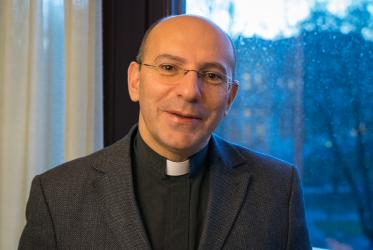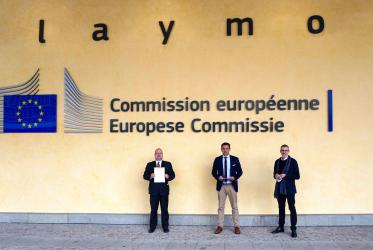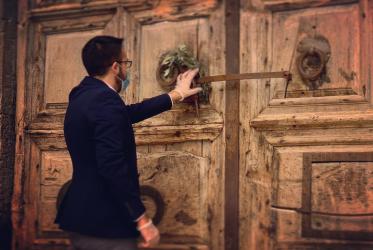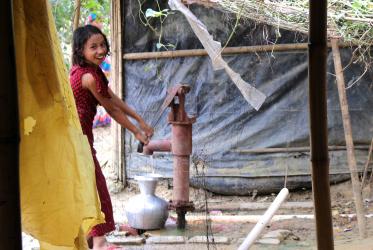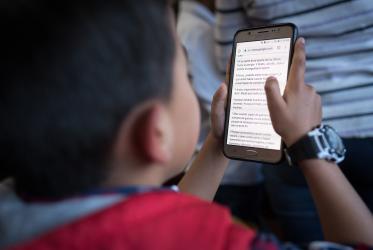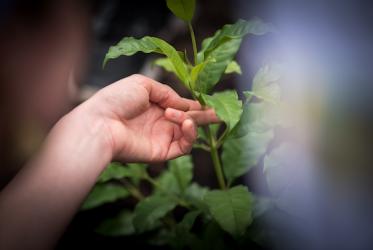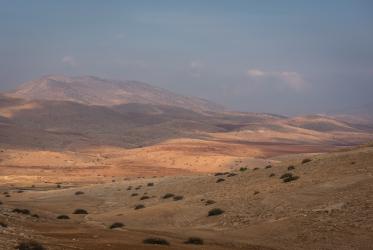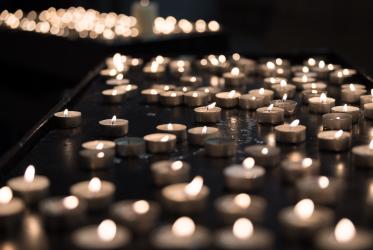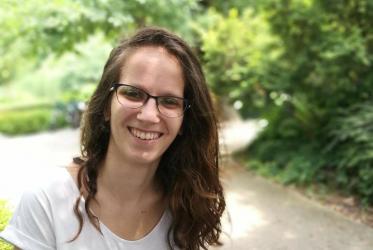Displaying 41 - 60 of 203
A hopeful, but not optimistic Palestinian ecumenist
09 December 2020
Ecumenical statement on migration received by European Commission
25 September 2020
Protecting children is urgent during COVID-19 pandemic
09 April 2020
Christian communicators urge technologies that unite
20 March 2020
Church of South India eco-ministry featured on UNESCO website
17 February 2020
WCC condemns attack at Hanukkah celebration in New York City
29 December 2019
The cry of the Papuans in Indonesia
14 November 2019
Markus Imhoof film receives human rights award
10 October 2019

